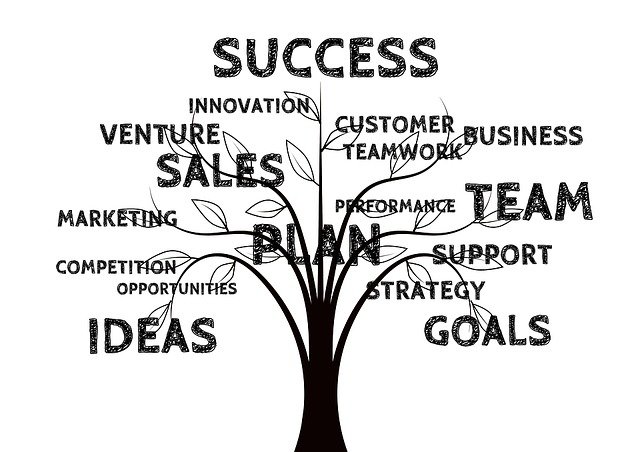Informational marketing for your audience
Informational marketing provides factual details about a product or service. This content aims to educate your audience about how you stand out from competitors, where your product is sold, as well as your product’s core features. This method of marketing shows your audience the important facts in an efficient medium so they won’t have to leave your website to find out what your product or service is all about. The following are four informational marketing methods that will help your customers and prospects alike:
- Ebooks
Electronic books (ebooks) are particularly useful assets in the ‘attract’ stage of an inbound marketing strategy. They create brand marketing awareness and offer value to visitors (potential customers) efficiently, by giving them something that is useful to them. With informative, valuable content, you’ll attract strangers to your website and help provide your organisation with potential leads.
- Videos
Incorporating audio and visual elements that appeal to multiple senses are useful educational tools. They’re especially effective when used for product demonstrations, tutorials or ‘how-to’ guides, giving viewers first-hand visibility into how certain things work or to assist them in learning a new skill.
- Blogs
With a blog, your brand can gain trust and credibility by proving that you’re an expert and provide helpful tips and other valuable information. This helps consumers to feel good about spending money on your product or service. Blogs also introduce a variety of different ideas that may not necessarily be covered in more traditional marketing and as they are typically concise and to the point (like this one!) they are usually very quick to read.
- Brochures
Your company brochure is the perfect opportunity to answer the questions that prospects and existing customers may often ask. Answering these FAQ’s in a brochure format adds a personal touch and connection with your audience.
Focussing on the primary interests of your audience is a critical component of any informational marketing strategy. One should always think about how you can educate your target audience about your particular product or service. If your marketing doesn’t align with your product or service, it won’t interest your audience. Keeping this in mind will help with the success of your next informational marketing efforts.


